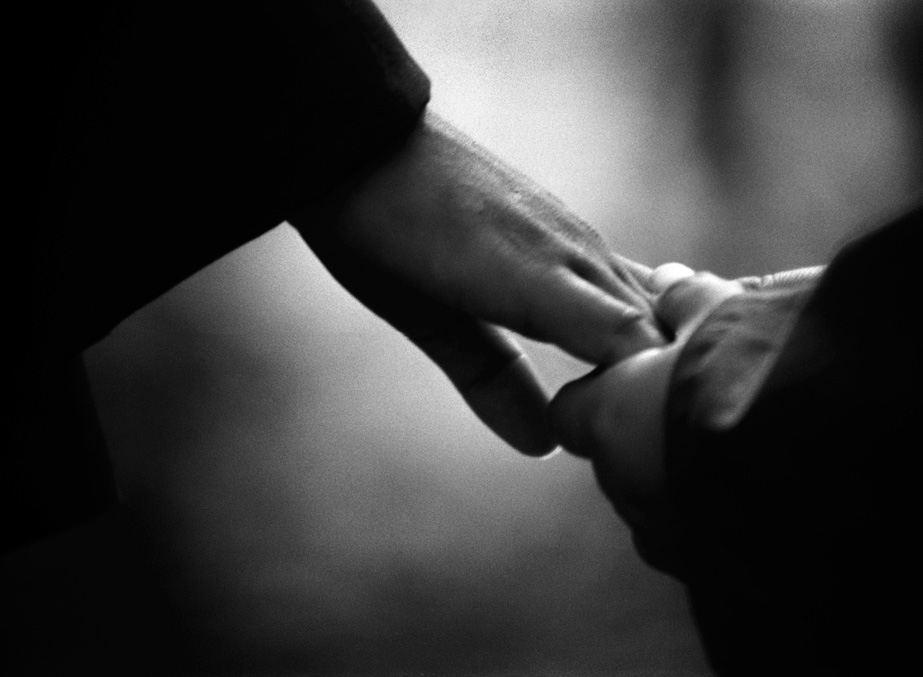Recommendations for Zen Student Practice
By Roshi Pat Enkyo O’Hara
What is it to study Zen? There are probably as many answers to that question as there are teachers and practitioners. Each temple has its own style, its own approach to practice. Speaking for myself, I consider students truly to be studying the Way when they place Zen practice at the center of their lives, when they are engaged in what our founding Japanese teacher Dogen Zenji called “wholehearted practice” of the Way.
Although the notion of “wholehearted practice” may seem a bit subjective, it is not completely so. At the Village Zendo we have begun to practice expression of the Way through a mandala of practice called the Five Expressions: to meditate, to study, to communicate, to act, to care. I consider each to be indispensable to a serious and engaged Zen practice.
To Meditate
The word “Zen” is derived from the Sanskrit “dhyana” meaning “meditation”. “Daily meditation is essential in Zen. I recommend that students meditate a minimum of 30 minutes per day and that they meditate with their fellow practitioners at the Zendo at least once a week. Longer periods of sitting, at retreats, are vital to deepening and intensifying one’s practice. I recommend that students attend six zazenkais (all-day retreats) and one full sesshin (week-long retreat) each year. It is at sesshin that most students experience breakthroughs in their practice.
To Study
It is our practice to study the teachings of the ancestors and the history of our tradition. Over time it is necessary for students to familiarize themselves with the basic teachings of Buddhism, the major sutras and koan collections, and the history of our Zen lineage. I have developed a basic reading list to help students begin their study. In addition, I recommend that students attend two study workshops at the Zendo per year and that they participate as fully as possible in ango, our winter and summer training intensives. I also feel it is important for students to study the Zen liturgy and that they receive training in the various service positions.
To Communicate
Working with a teacher is second only to meditation as a vital component of Zen practice. I recommend that students come to see me or one of the other Village Zendo teachers in private interview once a week. Interview is the ideal place to raise the questions and issues that come up in the course of practice. It is also important that students practice “true expression” in the group. I recommend that students participate in at least two Councils per year and that they attend, and speak frankly, in committee meetings and Sangha gatherings. A vital aspect of to communicate is to express oneself through the arts, through writing, or movement, or music, or the visual arts. I recommend that students take up the regular practice of expression by learning and deepening their ability to communicate through the arts.
To Act
As Zen practitioners we continually cultivate our ability to act with wisdom and compassion. Some Village Zendo students volunteer in prisons and hospitals. Others share their practice through writing, acting, painting, music and other forms of artistic expression. Still others practice the Way through social and political action, in running their businesses, and in interacting with their families. Opportunities arise during the year for us act together as a group. During Urban Sesshin we donate our time and energy to community organizations. Zen practice must be more than just having “spiritual experiences” on our cushions. It must extend to every facet of our lives.
To Care
We show the importance of caretaking through such simple actions as straightening our cushions at the end of a meditation period. I urge Village Zendo students to take care of our practice center by supporting it financially, by keeping it neat and clean, by behaving mindfully in our practice space, and by responding generously when asked to do work and serve on committees. Because we are a lay sangha, it is vitally important that our students take care of their health, their livelihoods, and the well-being of their families and communities. How to balance these demands with the demands of rigorous practice is our genjokoan (life koan) at the Village Zendo.
These are my recommendations for practice at the Village Zendo. All of us, students and teachers alike, will inevitably fall short. This is not a reason for discouragement. It is instead a challenge that we can meet each day with our sincere effort. One thousand, 10,000 mistakes! Let us practice the Way with joy, and with compassion for ourselves and others.

